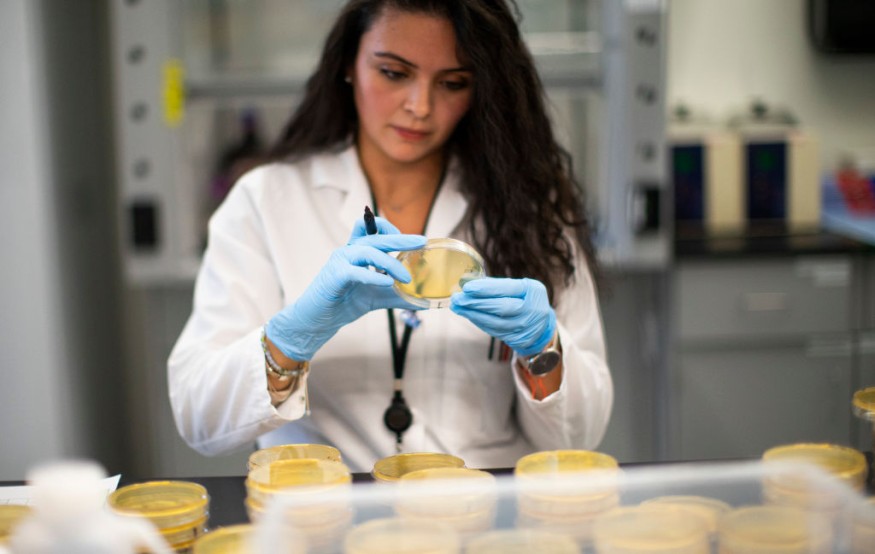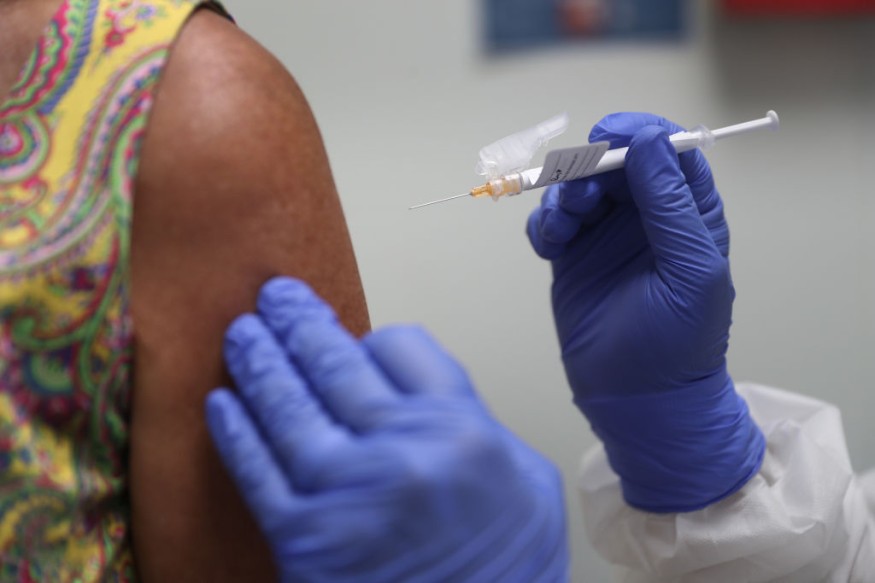The southern German town of Garmisch-Partenkirchen confirmed on Monday the detection of a new coronavirus variant in samples obtained from verified patients with COVID-19.
The mutant strain is distinct from every known variant to date. Experts found the new coronavirus variant in a cluster infection epidemic in a nearby clinic. Around 73 patients and workers were affected. The latest variant was discovered in tests from 35 of the said patients.
Mutated forms and the virus's progression have plummeted in 2021, with various countries announcing a special variant of the infamous airborne assassin, COVID-19, for each. The first finding began with the mutant strain named 'Kent' (B117) from the United Kingdom. It was then preceded by South Africa and another from Brazil.
Or perhaps more importantly, according to medical researchers, the latest variants should not affect the effectiveness of the vaccinations already on sale.

A Distinct New Mutation From Variants in South Africa and the UK
The German newspaper Merkur, per Explica.co, first published and confirmed a new coronavirus strain that its researchers and scientists have not yet named or designated. The Charite clinic in Berlin studied the samples submitted by Bavaria and actually found a separate mutation entirely.
The COVID form of the UK's Kent and South Africa is deemed more contagious and harmful than the initial coronavirus allegedly from Wuhan, China, identified as the SARS-CoV-2 variant. Germany's unusual strain has now affected 52 patients and 21 staff, taking the overall number of unique cases to 73.
Stockklausner figured out that the latest mutation was distinct from those found in South Africa and the UK. Both of these variants are more contagious, but none has contributed to higher estimates for mortality.
Bavarian clinic director Frank Niederbuhl indicated that there are already 12,000 coronavirus mutated strains globally reported. The state's identification should not be a source of panic. The director said that having a new version renders it immediately infectious or as risky as Kent and South Africa's variant.
Infections Are Declining, but Tougher Steps Are Likely

According to Health Minister Jens Spahn, new infections in Germany have decreased in recent days. The utilization of intensive care units by coronavirus patients has decreased by 10-15 percent.
To help deter new variants from entering the world, Germany's top health official also said that increased cross-border commuters' testing should be implemented.
According to the Robert Koch Institute (RKI) for infectious diseases, the number of reported cases of coronavirus in Germany increased by 7,141 on Monday, 5,000 less than last Monday. Still, the RKI reported that regular estimates from Bavaria and Rhineland-Palatinate were incomplete.
On Tuesday, Germany's 16 state premiers are expected to visit German Chancellor Angela Merkel to address stricter tighter steps to deter coronavirus spread. Vice-Chancellor Olaf Scholz has asked for an expansion of the lockout steps that are set to expire at the end of the month, as well as a tightening of them.
Check out more news and information on COVID-19 on Science Times.










